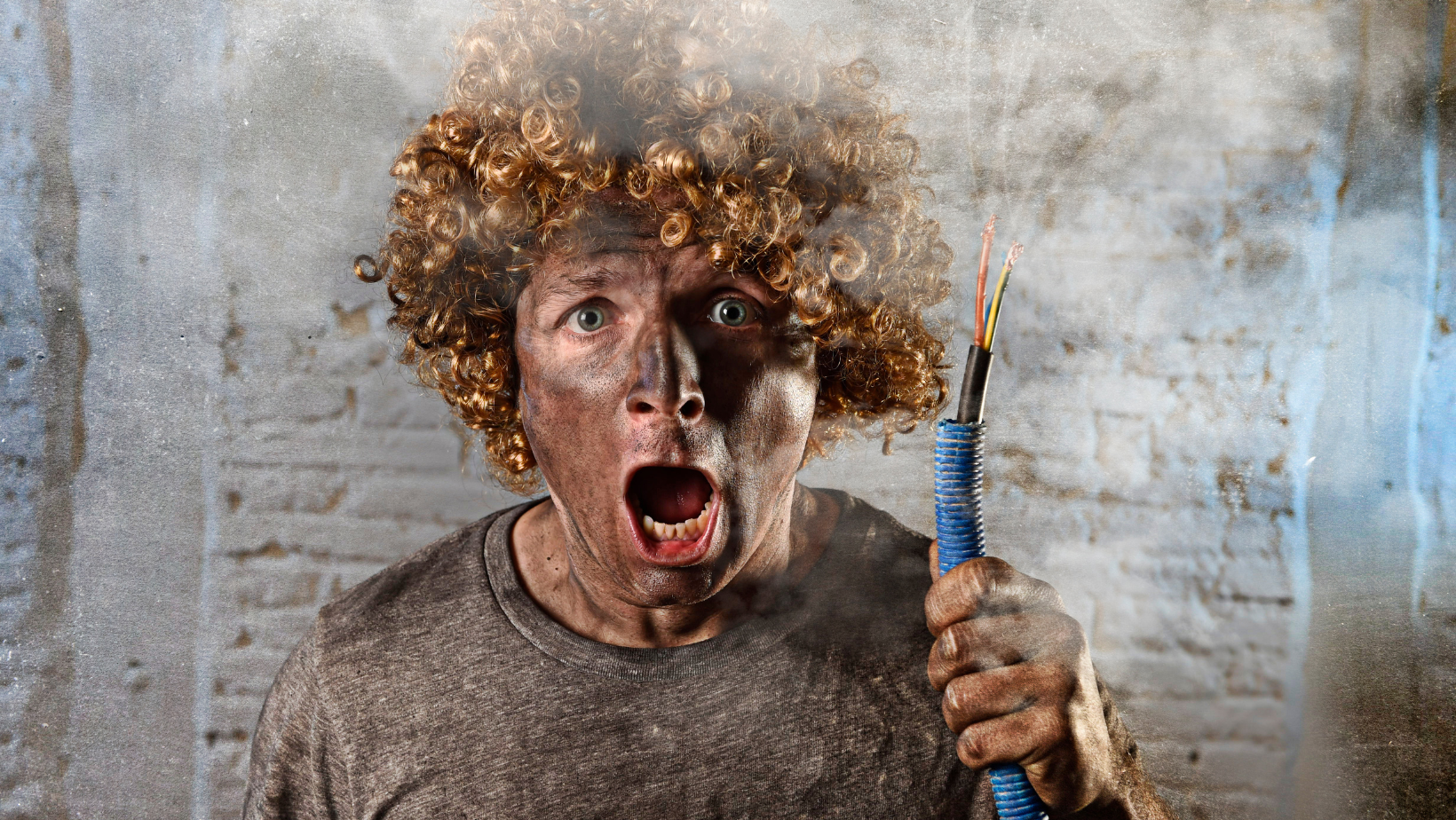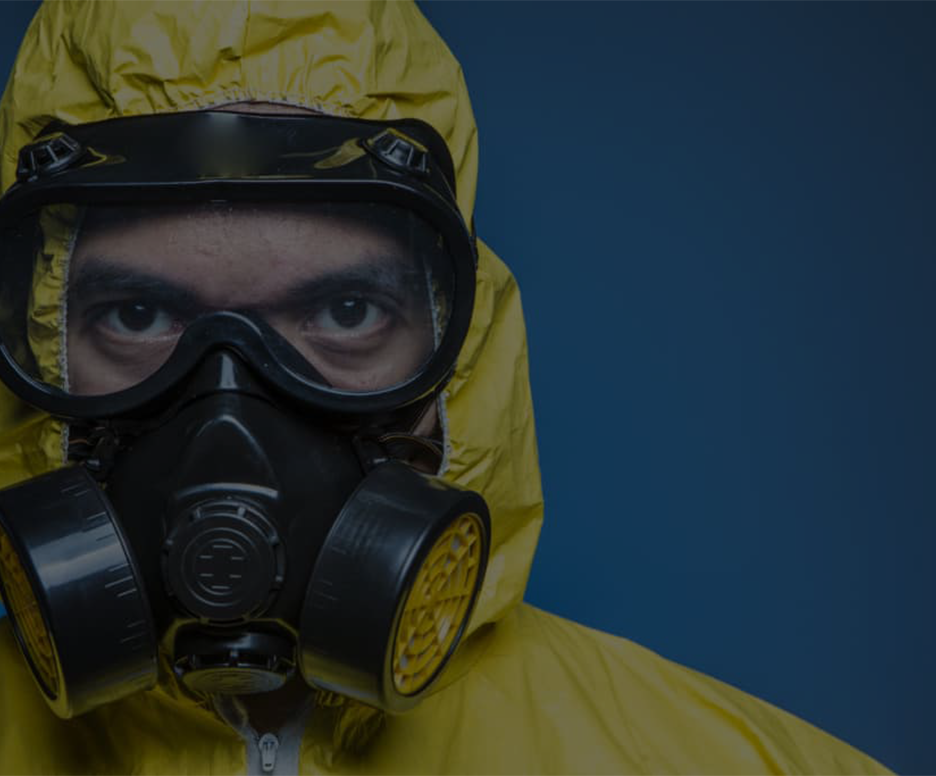
How To Avoid Electrocution During A Flood
By: 911 Water Damage Experts
The possibility of being electrocuted during a flood is a very serious issue.
If you find your home to be flooded, then you need to be aware of the electrical hazards that might bring.
Floods can be the main cause of serious electrical failure, which will ultimately lead to injury, loss of property, electrical fires, and even death.
This is why you need to take proactive steps toward protecting yourself, your loved ones, and your home.
Let’s get right into it.
Safety Tips For Electricity In Case Of A Flood
If you want to lower the risk of having some damage done by electricity in the home, you should take the following steps:
-Refrain from using an appliance that has been in touch with the water from the flood
-If you are wet, do not touch any electrical wires, fuses, switches, or use any electric devices
-Do not sleep in an area that has been affected by the flood and is filled with electrical appliances or cords
-Take a try stick and use it to flip the breaker box. If you are unable to do this, contact a professional water damage company and see if they can help you
-Do not turn off the breaker box if you are standing on a wet floor
Since electricity by itself is very dangerous, water makes it even more dangerous! This is why you need to be extremely careful while dealing with it.
Specific Actions To Take If You Want To Prevent An Electrical Fire
If you want to prevent a fire in your home, then here are some specific actions that you can take.
Start with the indoors
Some of the highest-risk situations can happen in the comfort of the home. If you want to avoid these situations, then you have to abide by the following:
Appliances – when it comes to electronics in the home, we cannot imagine living in a world without them. Simple appliances such as a microwave, washing machines, irons, and refrigerators make our lives easier.
However, in event of a flood, you should know how to take precautions. This especially goes for bigger devices such as air conditioners, dryers, and microwaves. If you want to ensure safety and less property loss, you should plug them into a socket that is dedicated to powering them only. If you connect them to any extension cords it may lead to overloading, and this is something you want to avoid.
Lights – light is a crucial thing for everyday activities. It is something that helps us stay functional even after dark. Make sure to use only those light bulbs which follow the specifications on energy use, lamp life, and lamp output. The best thing you can do in this case is to get some bulbs that meet the requirements you are looking for.
Space heaters – there is not a single household that does not use a certain form of heater. It is a portable option and helps you keep the home warm. Still, they are one of the biggest causes of fires in the home. The reason for this is that, no matter how small they are, they draw a lot of electricity, and people tend to misuse them a lot. Whenever you plug in a heater, make sure to keep it away from anything that can burn down.
Ground-fault circuit interrupter – the GFCI is an excellent way to protect yourself from any sudden electrical shocks. They are mostly placed in areas that can easily get in touch with water. This is why they are mostly found in baths and kitchens too. This is one of the best ways to stay safe. If the GFCI starts sensing that your body is going through an electrical shock, it cuts off the power immediately before you get hurt.
Continue with the outdoors
Electricity can pose a severe hazard outside too.
If you do not take proper care, anything can happen, starting from an electrical shock and burns, and even fire. To prevent this from happening, you should take the following steps toward lowering the electrical hazards:
Generators – if you are experiencing a short-term blackout, the generators will be the ones providing you with the backup you need.
Still, you should not use them inside the home or in the garage. The reason for this is that they produce lethal amounts of carbon monoxide. In order to avoid this, you can try using them outside, where they can cause much less harm.
Also, you need to know that it is not safe to use them in wet conditions. This could easily lead to a sort of explosion or electrocution. Do not plug it into your home outlet. If you do that, you may end up damaging some of the appliances in your home.
Extension cords – this is an excellent way to give some power to your electronic devices. But, this is still considered to be a short-term solution for the home. The real use of the extension cords should be for the outdoors.
The best thing you can do in this case is to make sure not to use any damaged plugs or frayed cords. You need to check the wires and their coverage as often as you can, and if you notice some damage, then replace them immediately.
Avoid running a cord under a carpet, under a door, or out a window. If you do this, the cord will become damaged in no time and may result in a fire.
Outdoor outlets – these types of electrical outlets can help you supply some power to your garden or yard. However, they are still exposed to elements that can endanger their life and safety. You need to make sure that the covers are intact and cannot get in touch with water.
If the outlets are naked, then the water would be able to bring the electricity close to you. This is why it is advisable to replace all outlets with GFCIs. It is the proper way to protect yourself and your family from a deadly shock. You can also check the GFCIs once a month or every other month to make sure they are working properly.
Power lines – when it happens near a power source, flooding is considered to be much more dangerous. This is why you should stay as far away from power lines as you possibly can.
If you happen to be dealing with a power line that is down, stay away from it. Get in touch with some professionals who could deal with the matter in an effective and fast way. What you can do is cut any branches that may be obstructing the power lines.
This is how you will protect the cables from getting damaged and broken. However, you need to know how to take proper care of yourself while you are cutting the branches from the tree. If you feel like you are unable to do this, you can always get in touch with a professional water damage company and have them assist you or do the job instead of you.
If you have any questions about our article “How Not To Get Electrocuted During A Flood” or need a flood restoration company feel free to call us at 1-833-WE-DRY-IT or chat with us in near real-time on our Facebook fan page.
Related Posts
Fire Damage Restoration Articles
How to clean up after a house fire
Fire damage restoration checklist
Fire damage tips: 6 hazards property owners miss
How smoke from fires can negatively affect your health
What are the most common causes of house fires?
10 helpful smoke damage cleaning tips
Water Damage Restoration Articles
Water damage prevention tips from the most common problems we’ve seen
Top causes of water damage in commercial buildings and how to find them
Must-know water damage tips: What to do after your house floods
What does good water damage restoration look like?
DIY water damage restoration and the hidden dangers
How to choose the right water damage company
Flast floods: What to do before, during and after a flash flood
What to do when your attic leaks?
Related Water Damage Services
Fire damage restoration services
Water damage restoration services
Emergency cleanup services
Mould removal services
Weather damage services


